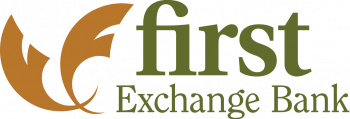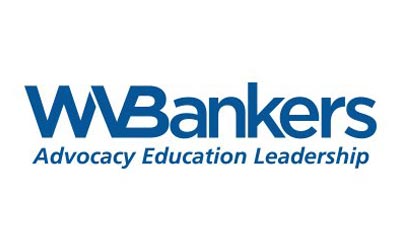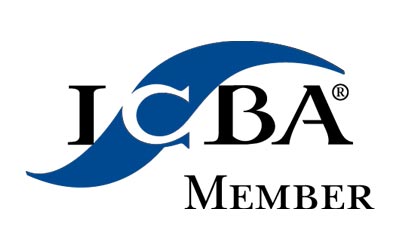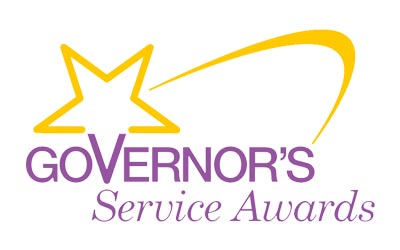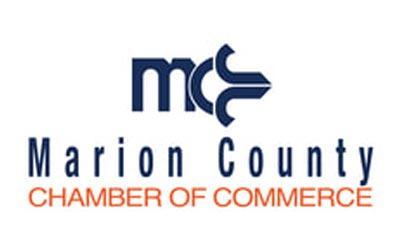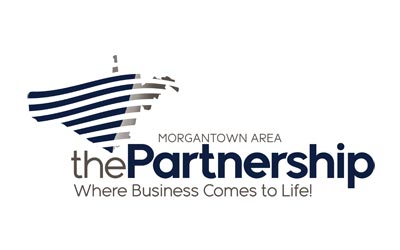With inflation continuing to rise, Americans across the country are looking for profitable savings or investment options that can survive an uncertain economic outlook.
Certificates of deposit, or CDs, are one of the best options available at your local West Virginia bank. When you have funds that you know you won’t need to touch for a while, you’ll be able to benefit from higher interest rates and more money at the other end.
Not sure where to start? We’re here to give you all the details on how CDs work, the best CD rates, and when you should invest in one.
How Do Certificates of Deposit Work?
Put simply, a certificate of deposit is a type of savings account that you have for a fixed amount of money for a set period of time. You won’t be able to touch the money that’s in there until the certificate’s term date is over, otherwise known as the maturity date, without paying a penalty.
As you don’t have access to those funds for a fixed amount of time, you’ll benefit from a higher interest rate as an incentive—essentially, you’re trading financial liquidity for a better rate. They’re an excellent option for people with medium to long term savings goals who want to make the most of their money.
The amount you put into your CD will be locked in at that interest rate, no matter what happens in the economy, for the full length of your certificate of deposit term, allowing your funds to appreciate steadily throughout that time.
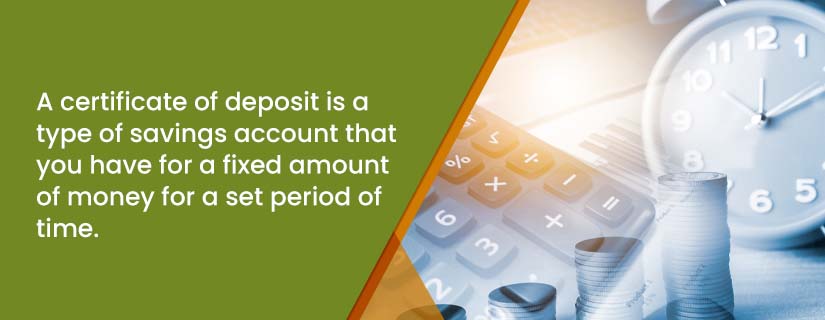
How Long Does a Certificate of Deposit Last?
The amount of time that you can hold a certificate of deposit will depend on the bank you choose to go with and the options they offer. At First Exchange Bank, certificate of deposit accounts can be anywhere from 91 days to 72 months (6 years).
When Is A Good Time To Invest in CDs?
When Interest Rates Are High
New certificate of deposit accounts are, like loans, subject to the rate environment in the broader economy. When interest rates are high, savers should take advantage of increasing rates to lock in that interest percentage and build savings over time. This not only helps you to maintain the value of your existing savings, but means you’ll get more in return when you reach your certificate’s maturity date.
Always check with your local bank on current CD rates, as every West Virginia bank will set their own. Many local financial institutions like First Exchange Bank offer rates that can be three to five times higher than the national average. You may also benefit by signing up during a special promotion with different maturity dates and certificate of deposit term lengths.
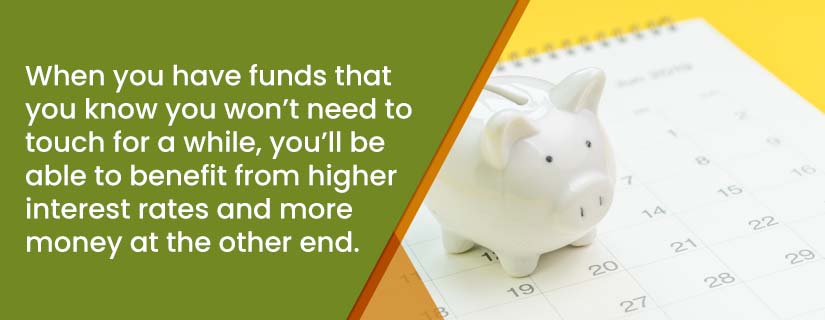
When You Want To Earn More Interest
If you’re trying to compare a certificate of deposit vs. savings accounts, always look at the interest rate first. Typically, a CD will be higher than any of the standard savings accounts that a bank offers, even high yield accounts.
With a certificate of deposit account, you’re allowing the bank to hold your funds for a fixed amount of time (whereas a savings account could have all the funds withdrawn at any point). This can be potentially risky as an investor, so banks offer better interest to compensate.
As your certificate of deposit will have a guaranteed, predictable interest rate, your money won’t be subject to wider interest fluctuations in the economy and you’ll have a better rate of return long term.
When You Don’t Need Quick Access To Your Funds
Any money you put into a certificate of deposit account will be locked away for a set amount of time, unless you pay a penalty for early withdrawal.
Having this money set aside for a fixed amount of time means that you can passively build your savings without having to worry about market changes or making the wrong investment moves. If you’re looking to diversify your savings or investments, or have extra money that you want to maintain and grow, a certificate of deposit can be a great option.
Working on a CD laddering approach, where you take out multiple certificates of deposit that mature at different times, can mean access to guaranteed-growth funds throughout the upcoming years. When each CD matures, you have the option of reinvesting to another account, or using that money however you choose.
Before opening a new certificate of deposit, it’s best to do a quick financial check in to make sure you’re able to survive without access to that money for a set period of time. If you think you’ll need those funds sooner than the maturity date, consider alternative savings options or a shorter-term CD.

When You Have a Long-Term Savings Goal
A high interest rate over a medium to long term time period can be attractive for people with specific financial goals in mind. Your money should be working for you as much as possible, so a certificate of deposit account can be a good choice to help you earn some extra cash towards those big money milestones.
With a certificate of deposit, the bank agrees to grow your funds at a set interest rate and allow the account to mature on a fixed date. There’s no worry about market volatility, as part of the agreement with the bank is to maintain the interest rate for the entire length of the certificate of deposit. Your money is safe in an FDIC-insured bank up to $250,000 per depositor, so you’ll always be protected if the bank closes or goes out of business.
You’ll easily be able to determine what amount of money should be in the account once you hit the maturity date, simply by multiplying the interest rate by the amount deposited and the length of time you’ve selected to hold the account for. This means that you know for sure whether you’ll be able to reach your financial goals by the time your certificate of deposit ends and you can withdraw those funds.
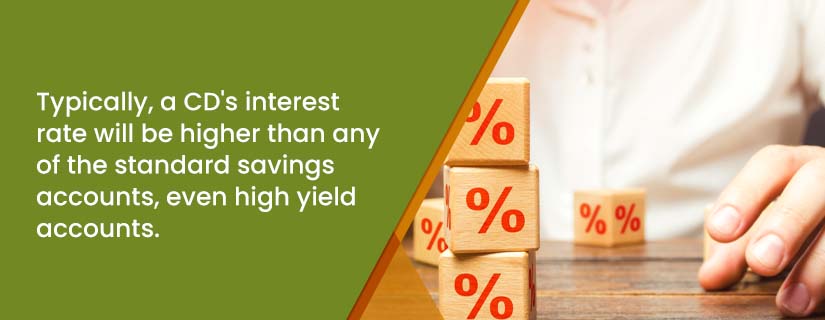
Boost Your Savings With A Certificate of Deposit
If you’re ready to make your money work better, contact First Exchange Bank to open your certificate of deposit account today. Visit our branches in Fairmont, Fairview, Mannington, Hundred, Morgantown, or White Hall to speak with our savings team or contact us online.
